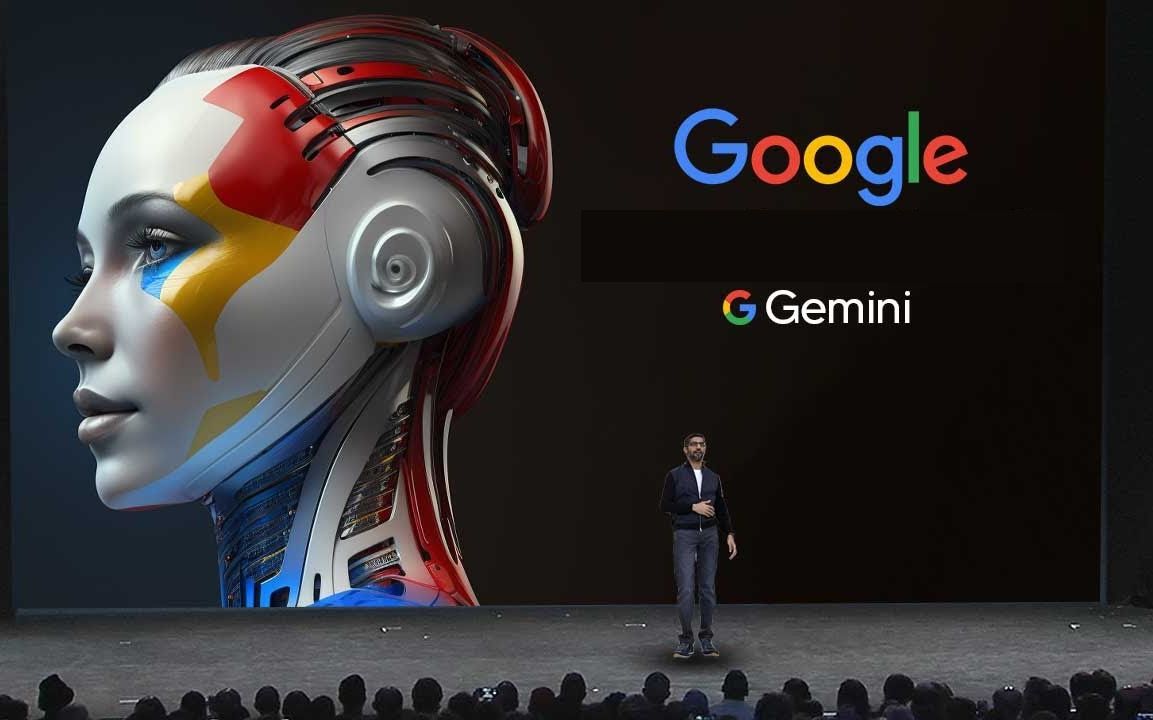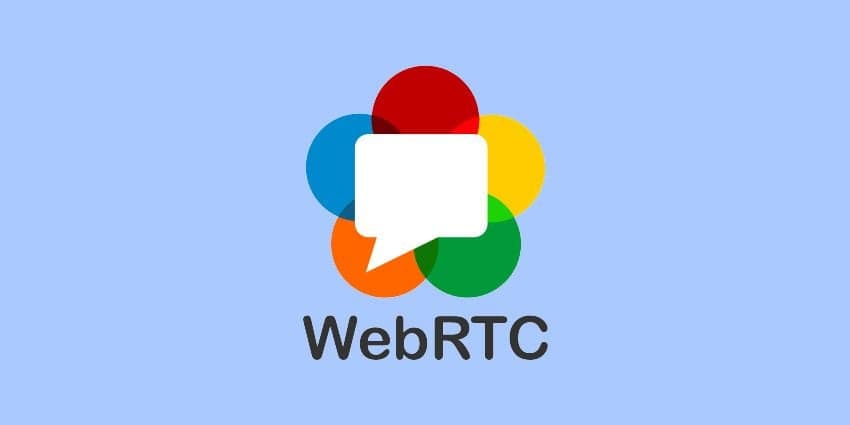Google Delays Launch of AI Model Gemini: What You Need to Know

In recent reports, Google has postponed the launch of its highly anticipated next-generation AI model, Gemini, until early 2024. This delay comes due to concerns over the AI's reliability in responding to non-English queries. The AI model, touted as the future of AI and described as being multimodal. It will have the capability to understand and generate text, images, and other content types based on sketches or written descriptions.
Gemini outperforms competitors by harnessing superior computing power and is expected to make a significant impact on the AI landscape. While Google has already developed its generative AI model called Bard, the upcoming Gemini is predicted to challenge the market dominance of existing AI models.

Furthermore, Google has emphasized Gemini's impressive multimodal capabilities, efficient tool and API integrations, and its potential to enable future innovations like memory and planning. The delay has led to questions about the integration of Gemini into Google's existing services such as Bard, Search, and Workspace.
With global language support as a focus, Google aims to ensure that Gemini meets or surpasses the standards set by OpenAI's GPT-4. Sundar Pichai, Google's CEO, has expressed the company's commitment to delivering a competitive and state-of-the-art product, launching Gemini 1.0 soon and building upon it in the future.
This delay in Gemini's launch has brought attention to its promising capabilities, raising anticipation for its eventual release and its potential to redefine AI paradigms.
Also Read

Lenovo Debuts Solar-Charging Laptop That Turns 20 Minutes of Sunlight Into Hour of Video

Ottocast Car TV Mate Max Review – A Versatile In-Car Entertainment Adapter

iPhone Battery Dying In Minutes? 23 Real Fixes That Work

Ottocast Play2Video Pro Ups the Game in Affordable Car Entertainment

Ottocast OttoAibox P3 Powers a Smarter Driving Experience








